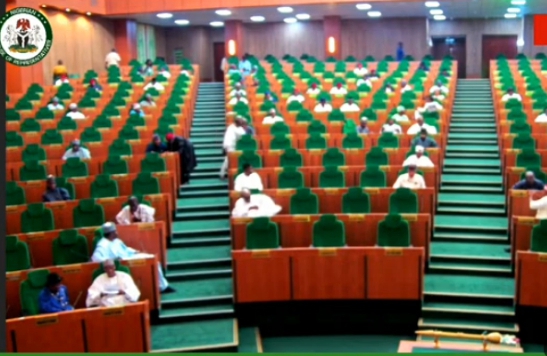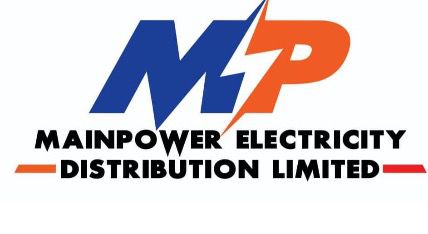
Reps Begin Probe Into $2bn Unutilized Renewable Energy Grants
Mohammed Shosanya The House of Representatives Committee on Renewable Energy has summoned stakeholders to an investigative public hearing concerning the utilization of $2 billion in renewable energy grants










